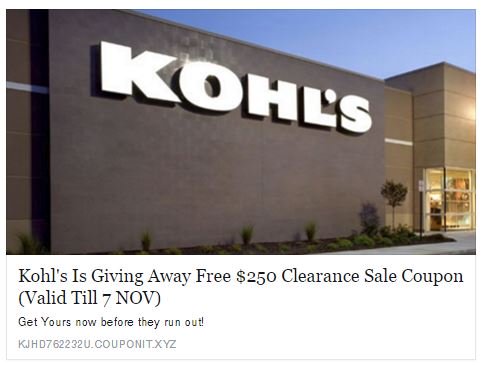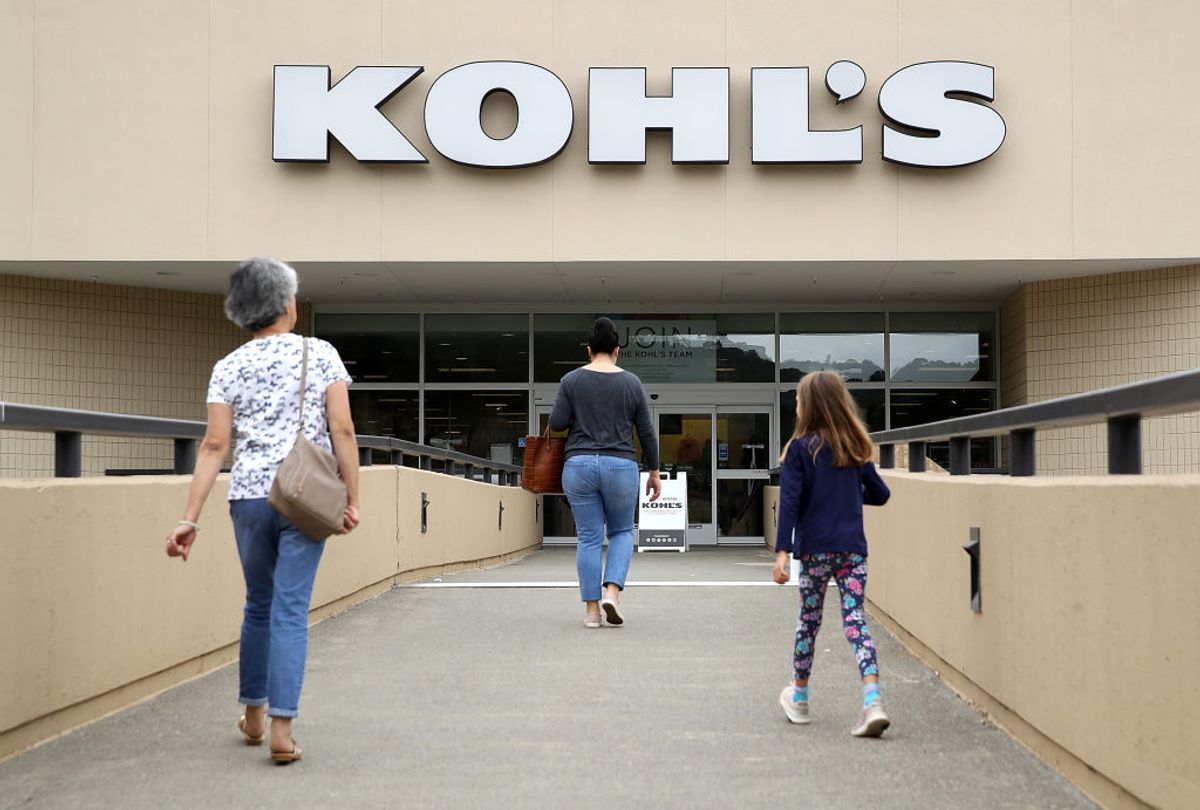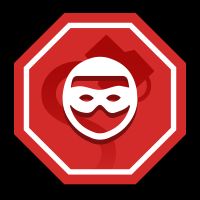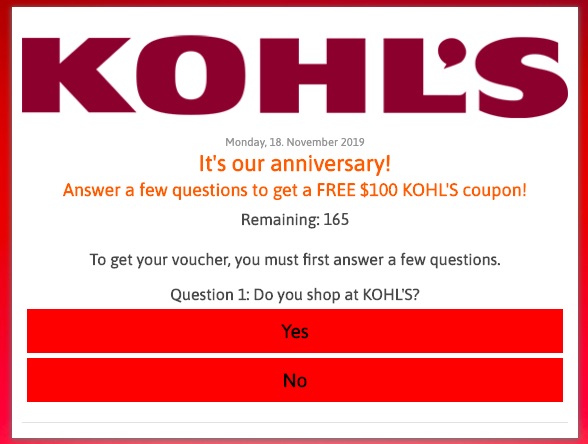In April 2020, a coupon purporting to offer $250 in merchandise from the Kohl's department store circulated in Facebook posts directing viewers to click on a survey question:

This was a scam. Such efforts that trick viewers by offering free goods or money are long-standing. Kohl's is also a frequent target of such scams, but this fraud can target any business, from airlines to beer makers. A good rule of thumb to follow: If an offer seems too good to be true, it probably is.
These types of viral "coupon" scams often involve websites and social media pages set up to mimic those of legitimate companies. Users who respond to those fake offers are required to share a website link or social media post in order to spread the scam more widely and lure in additional victims. Then those users are presented with a “survey” that extracts personal information such as email addresses, telephone numbers, dates of birth, and even sometimes credit card numbers. Finally, those who want to claim their "free" gift cards or coupons eventually learn they must first sign up to purchase a number of costly goods, services, or subscriptions.
Despite the latest coupon scam above, Kohl's was indeed celebrating its 57th year as a department store, as of September 2019. It opened its first store in Brookfield, Wisconsin, according to company literature. In 2016, a variation of the same type of scam circulated, offering viewers $75 off purchases.
The Better Business Bureau offers consumers several general tips to avoid getting scammed:
- Don't believe what you see. It's easy to steal the colors, logos, and header of any other established organization. Scammers can also make links look like they lead to legitimate websites and emails appear to come from a different sender.
- Legitimate businesses do not ask for credit card numbers or banking information for coupons or giveaways. If they do ask for personal information, like an address or email, be sure there's a link to their privacy policy.
- When in doubt, do a quick web search. If the giveaway is a scam, this is likely to reveal an alert or bring you to the organization's real website, where they may have posted further information.
- Watch out for a reward that's too good to be true. Businesses typically give out small discounts to entice customers. If the offer seems too good to be true (a $100 voucher or 50% discount) it may be a scam.
- Look for a mismatched subject line and email body. Many of these scams have an email subject line promising one thing, but the content of the email is something completely different.


